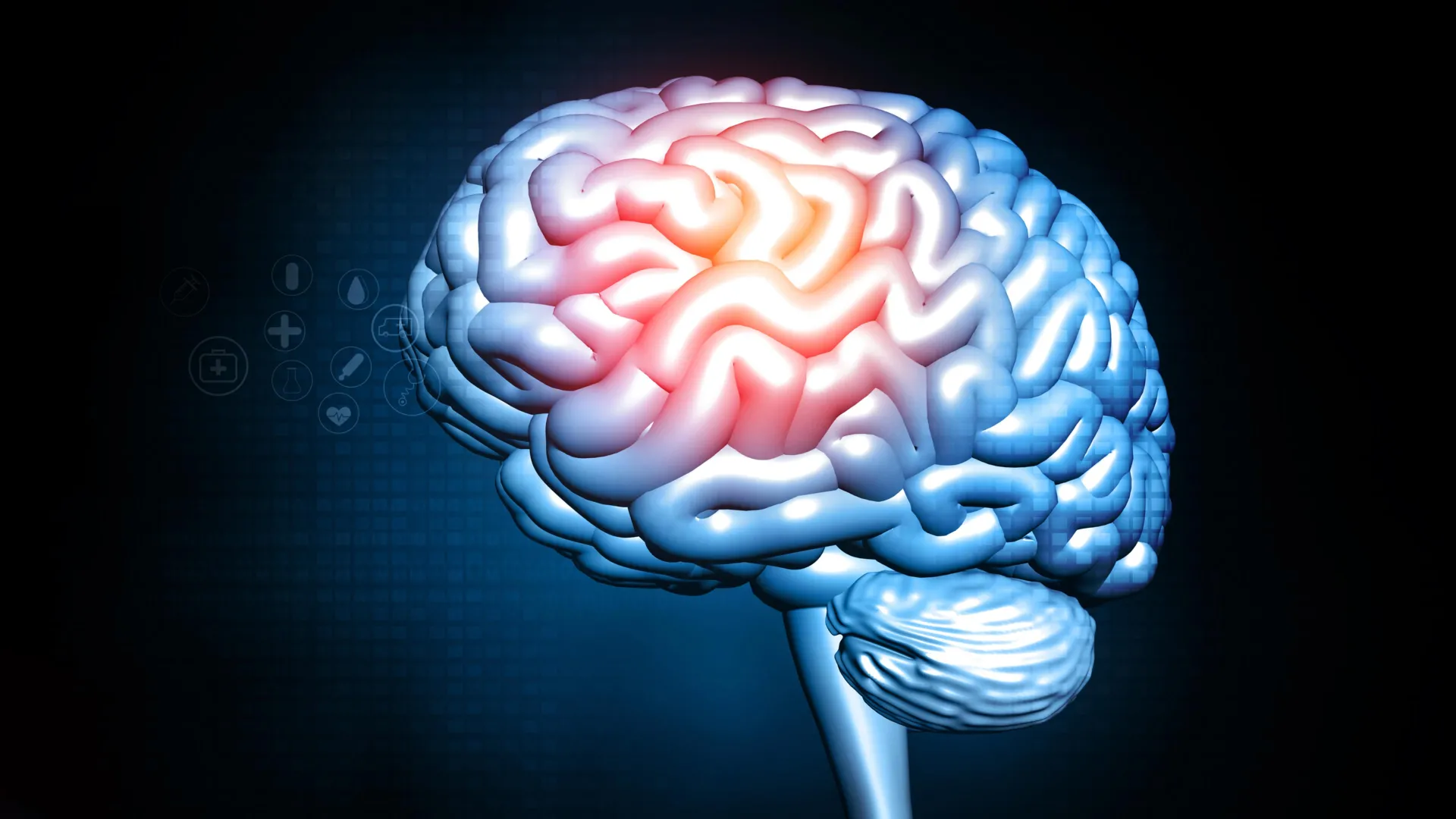How the frog meat trade helped spread a deadly fungus worldwide
The chytrid fungus (Batrachochytrium dendrobatidis), commonly called Bd, is widely recognized as a major factor behind the worldwide decline of amphibians. Scientists have identified multiple genetic variants of this disease causing fungus across different regions. Together, these strains have already contributed to population crashes in at least 500 species of…






























